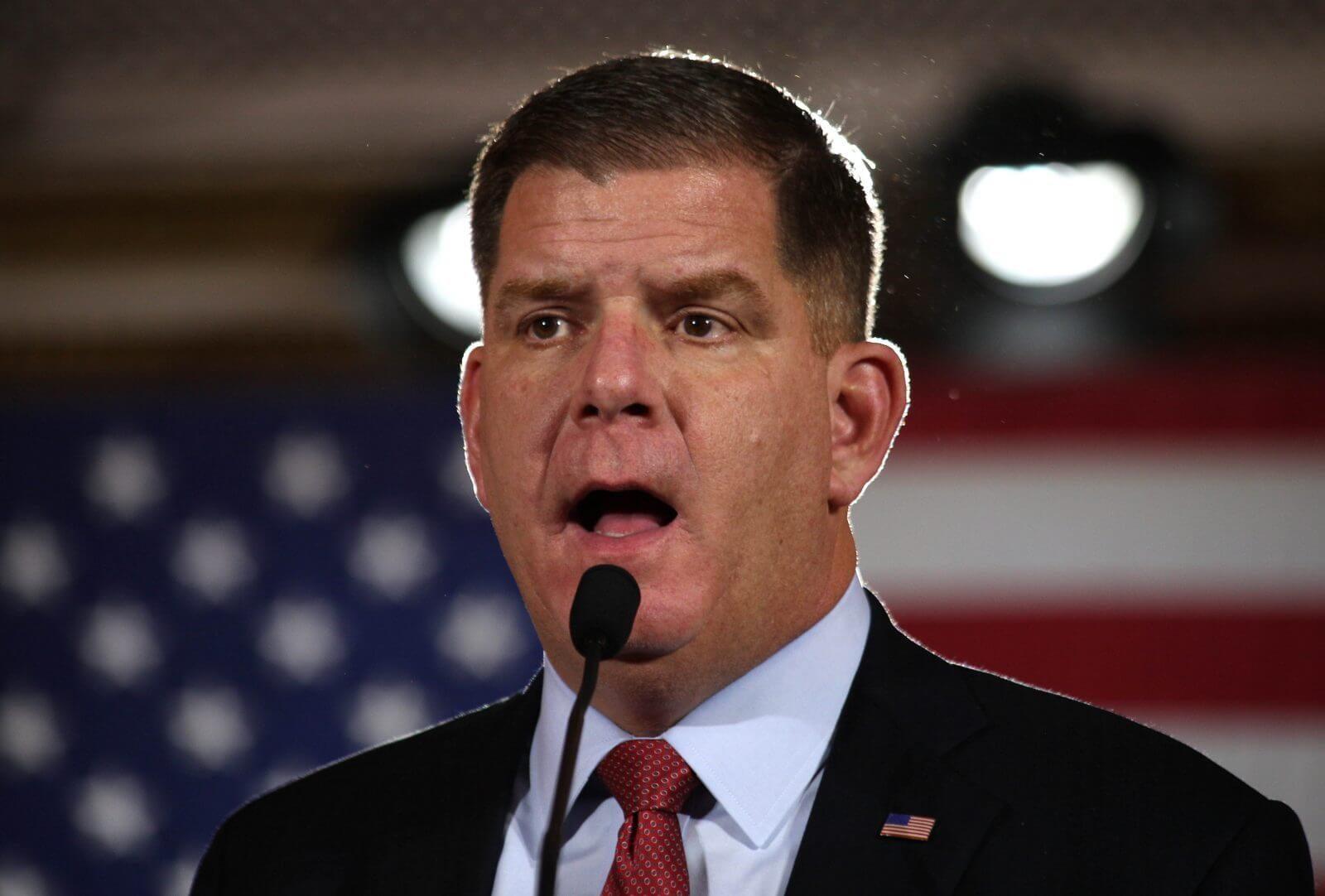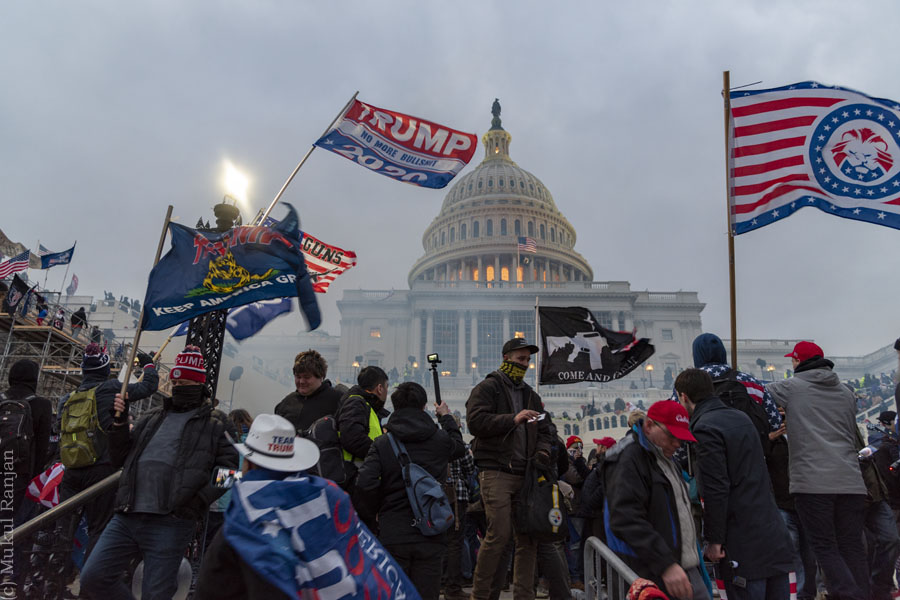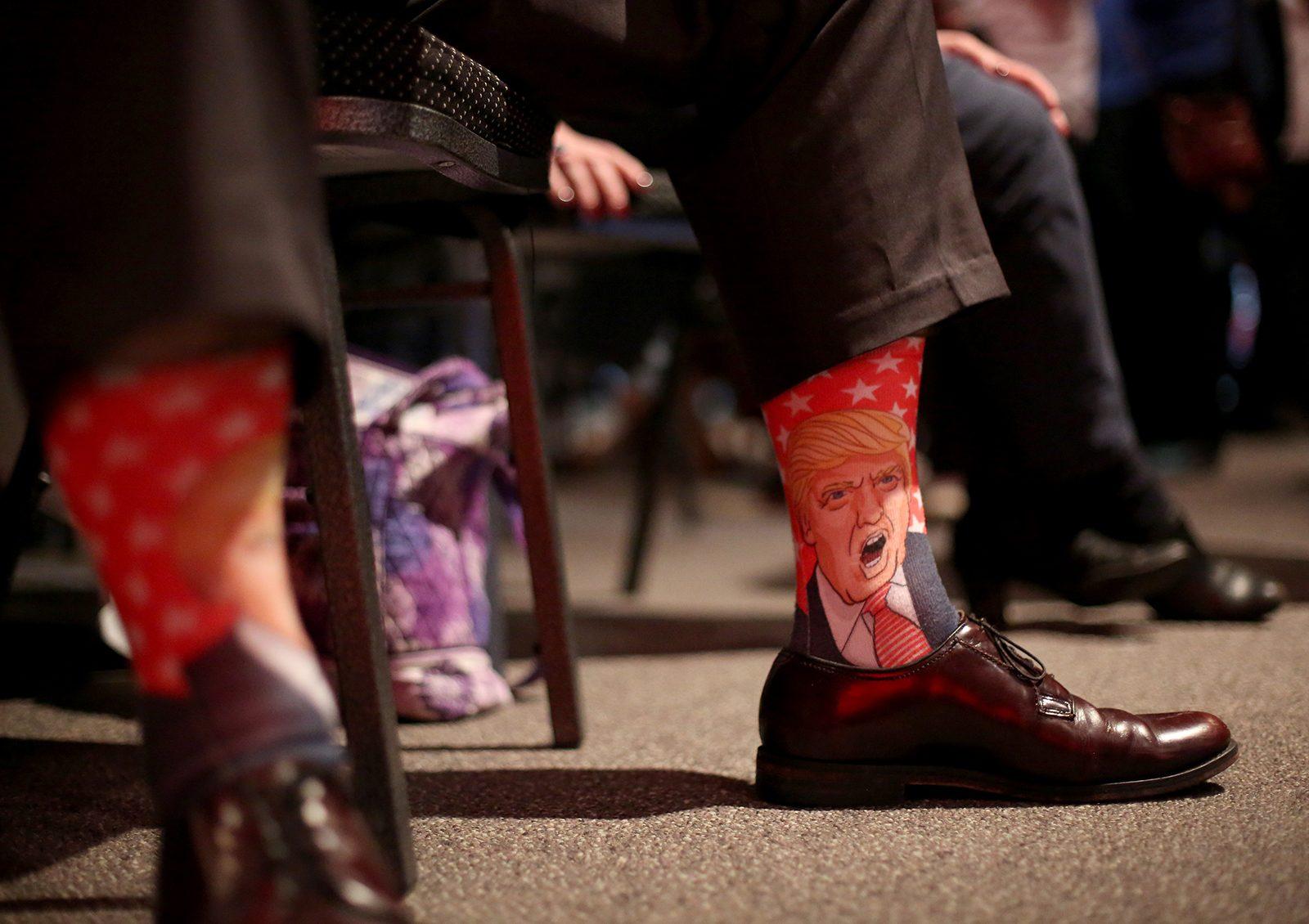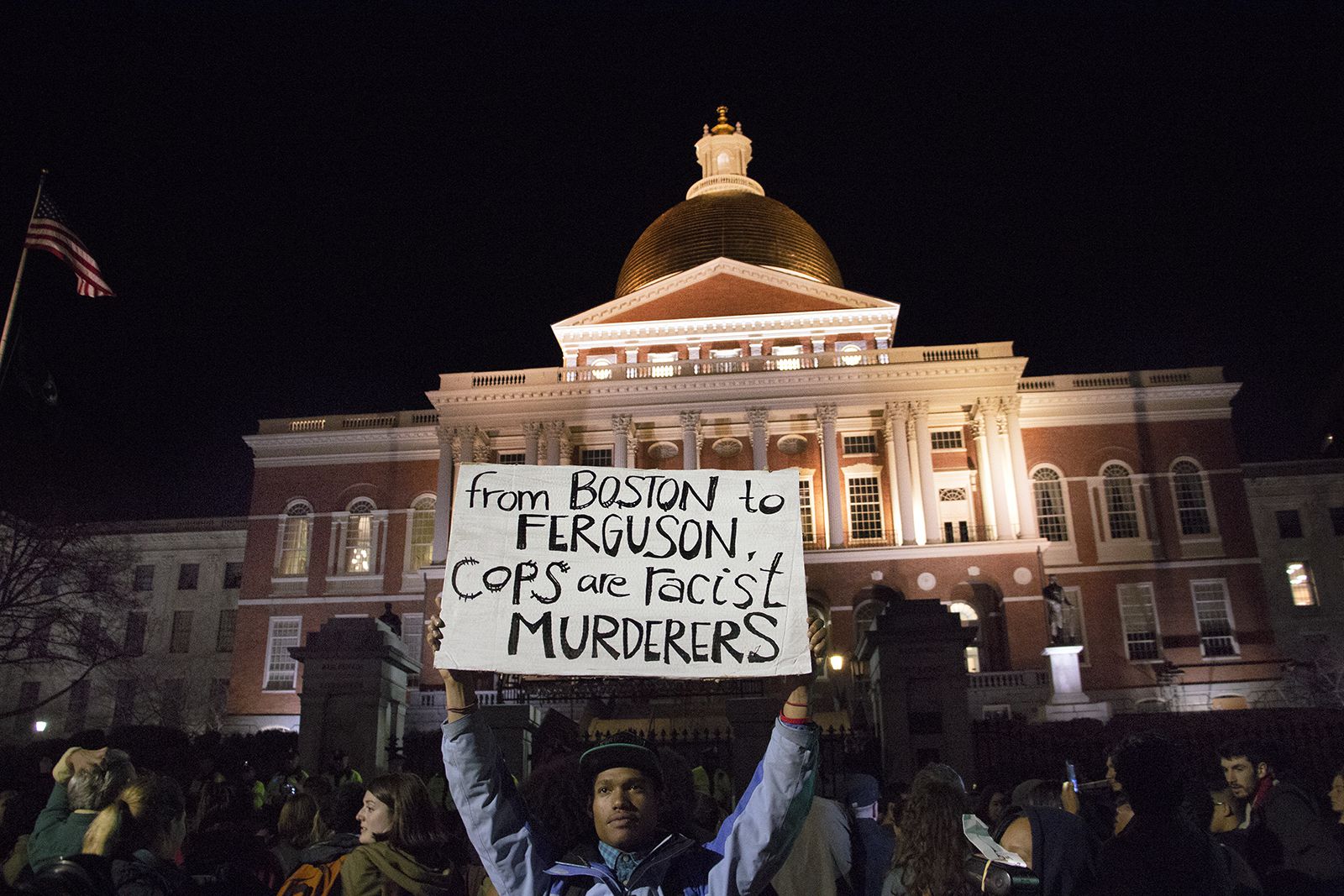Local radio and television stations across the country are in danger of losing federal funding as a result of potential public funding cuts, after the House of Representatives voted to pass the budget bill on Sunday.
The bill up for debate proposes the elimination of the Corporation of Public Broadcasting, which receives $430 million to fund public stations suc as National Public Radio, Public Broadcasting Services and local radio and television stations across the country.
On average, 170 million Americans tune in to public television and public radio every month through 368 different public television stations and 934 public radio stations, according to 170millionamericans.org.
While the number of public stations supported by the government is large, funding them costs about $1.35 a year per American citizen, according to the site.
For many communities, public radio and television serve as their main source for local news.
If the bill were to pass in the Senate, WBUR, Boston’s NPR-affiliated radio station, would lose about $1.35 million, or about 6 percent of its funding, said WBUR General Manager Alex Kravetz.
“It’s not a large enough percentage to endanger in any way the ongoing work of WBUR in the larger sense, but $1.3 million is still a lot of money to have to make up, if we were to lose it,” Kravetz said.
The funds help pay for its 110 employees and generate more money for the station. Although WBUR no longer relies on that funding, like most public broadcasting stations today it started out largely dependent on public funding,.
“In the early years of public radio and television, that money was the seed money that started these organizations and allowed them to be non-commercial,” Kravetz said.
However, Kravetz said WBUR expects to survive the cuts.
The majority of the 900 companies that receive federal funding rely on it to provide NPR news and programming to their communities. Kravetz said many stations face the risk of losing 15, 25 or even 50 percent of their income.
“There’s more to radio broadcasting than PBS, but in general people want to work for NPR,” said WTBU News Director Laura Brubaker, a College of Communication freshman. “If this bill goes through, there’s certainly more to worry about than NPR.”
Opponents of the proposed cuts are calling the bill an “ideological attack on public broadcasting,” said Edward Markey (D-MA) to The Boston Globe.
Anne Donohue, a professor of radio broadcast journalism in COM, said the bill is a political maneuver, contending that the cuts to public broadcasting are “small potatoes” compared to how much needs to be reduced.
“The federal government needs to reduce its budget, and we need to accept that,” she said. “However, I do not think [public broadcasting] should be zeroed out altogether.”
Kravetz said that the cuts are more of a “symbolic gesture” than an opportunity to balance the national debt.
“If you wanted to balance the budget you’d deal with the large entitlement programs like Medicare, Medicaid and Social Security,” Kravetz said. “The defense department is not an entitlement program, but those four alone have to be addressed to balance the budget. If you want to simply make symbolic gestures, then you go after the Peace Corps and Americorps and public radio and television.”
Some supporters have suggested that WBUR give up federal funding and are asking listeners and contributors to make up for the loss, Kravetz said.
“There’s no question I think that there’s validity to that argument to some degree,” he said. “In a perfect world, if all the public radio stations could survive without that money, and it wouldn’t hurt NPR, then I think [there would be] some validity to the idea of cutting the connection between government support because stations like WBUR, and NPR as a network, are strong enough to live without federal support.”
Howevver, for smaller stations, listener and sponsor contributions would not compensate for the loss of public funding.
“It’s the little stations, the community stations that will be in big trouble,” Donohue said. “A lot of voices of the not powerful will be silenced.”






















































































































